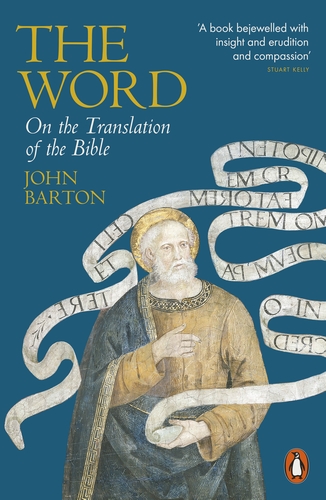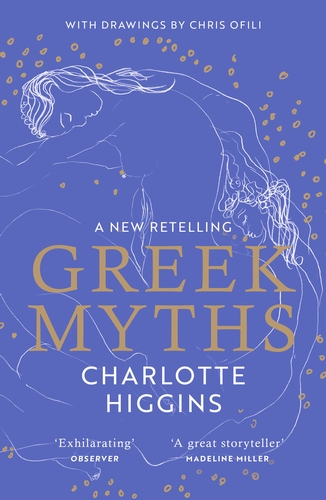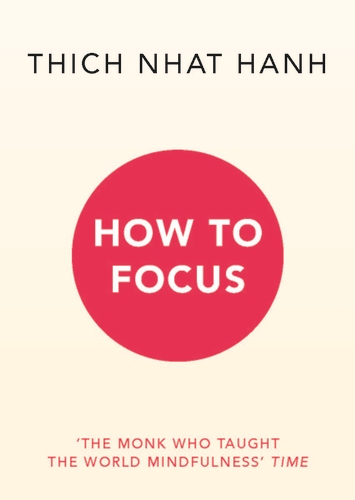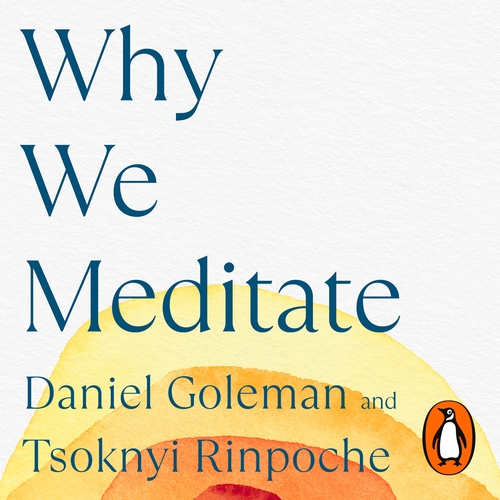Author:Dr. Jane McCartney

Many of us struggle with overeating and losing weight. We all know what we should be eating, but somehow we still reach for those unhealthy foods that deep down we know aren't doing us any good.
In this new book, chartered psychologist Dr Jane McCartney explains how to identify and address the underlying emotional reasons for overeating so you can turn your health and your life around. In this 28-day plan, you'll discover how to separate food from emotion to break free from comfort eating and develop a healthy relationship with food.
For four weeks, you'll follow a straightforward programme that lets you explore the emotional triggers behind overeating. You'll then be given the tools you need to work through these issues and discover a new approach to dealing with challenges and problems. There is also a healthy eating plan to help you stay on track. Revolutionary and empowering, this book will help you to understand yourself, take control of your eating habits and ultimately maintain a healthy weight for life.
Right from the start you'll learn to gain control, stop overeating and change your life for the better.
—— Health and Fitness Expert , Matt RobertsA unique combination of imaginative clinical description, rigorous thinking, gentle humour and deep humanity
—— ScienceThe application of psychoanalysis to the field of cultural anthropology has nowhere found a more mature expression
—— Archives of Neurology and PsychiatryA serious and humane book
—— GuardianA whirlwind journey through the kinks of the human personality... In entertaining fashion, this psychologist aims to show that normal is just a number; that many of us have strange quirks so quite the moralising
—— The Times, Summer BooksA delightful, intelligent, and thought-provoking addition to the growing body of our sexual knowledge of self
—— Publishers WeeklyJesse Bering is the Hunter S. Thompson of science writing, and he is a delight to read - funny, smart, and madly provocative.
—— Professor Paul Bloom, Yale UniversityA colourful romp through psychology, philosophy and popular culture.
—— New HumanistA balanced and considered approach to this often inflammatory topic.
—— NatureA colorful romp through psychology, philosophy and popular culture.
—— New HumanistWitty... [Bering] employs examples and analogies that make his arguments seem like common sense rather than the hard-earned scientific insights they really are.
—— New ScientistProf Mischel argues that individuals can be taught self-control with persistence and a number of practical techniques ... [and] such skills are increasingly valuable.
—— The Financial TimesA picaresque journey through the human psyche - one in which the detours are at least as fascinating as the destination.
—— Mail on SundayThis book is best read as a memoir of gratification ... it is a fascinating read and a considerable achievement.
—— The EconomistMischel's insights are fascinating and rewarding.
—— Sunday TelegraphRising stars of 2015: one to watch
—— GuardianUsing a series of fascinating case studies as a framework, Dr O’Sullivan skillfully weaves the historical understanding, and misunderstanding, of functional illness into a series of narratives that are moving and thought provoking.
—— Adam Staten , British Journal of General PracticeA sympathetic, insightful study of psychosomatic illness
—— Charlie Hegarty , Catholic HeraldAn excellent study of psychosomatic disorders
—— Stuart Kelly , Scotland on SundayFascinating foray into the subject of how mental factors affect our health.
—— Simon Shaw , Mail on SundayHer Book, shortlisted for the 2016 Wellcome prize, describes case histories…with precision and compassion.
—— Jane Shilling , Daily MailIt’s not only a beautifully written book…it’s also a book to start a revolution in healthcare.
—— Helen Rumbelow , The TimesHumane and deeply sympathetic.
—— Jane Shilling , Daily TelegraphImpressively vivid and sympathetic argument for the reality of the mind’s more harrowing inventions.
—— Brian Dillon , Irish TimesA compassionate, honest and compelling read.
—— LadyShe mixes an easily accessible vocabulary with complex medical terms, something which I found both enjoyable and informative… Ultimately I found this book quite fascinating… I would recommend this book, which contains some hard hitting and highly personal stories.
—— Independent NurseA great immersion in psychosomatic problems… If you want to get a head-on feeling for the clinical experience of psychosomatic patients, read this book.
—— Edward Shorter , British Medical Journal[A] controversial but utterly compassionate memoir.
—— Damian Barr , GuardianIt is as addictive as a great box set makes you rethink some of your closest relationships and wonder about some of the people you know best; and above all, like all truly great book it is about love and compassion.
—— Sathnam Sanghera , The Times, Book of the YearEpstein is too respectful of the complexity of his subject matter to leap to any grand conclusions. The book was conceived partially as a rebuttal to glib theorising, and it is all the more fascinating as a result
—— Ken Early , Irish TimesFascinating from start to finish
—— Amanda Khouv , Women's FitnessEpstein forces us to rethink the very nature of athleticism
—— GrrlScientist , GuardianLooks at the science of extraordinary athletic performance.
—— Adam Whitehead , Daily TelegraphCaptivating… Dazzling and illuminating
—— Richard Moore , GuardianEpstein is not afraid to follow science in “trekking deep into the bramble patches of sensitive topics like gender and race"
—— ChoiceCaptivating… In a particularly fascinating chapter, Epstein investigates an old theory that purports to explain why Jamaica produces so many Olympic sprinters
—— Christie Ashwanden , Scotsman






